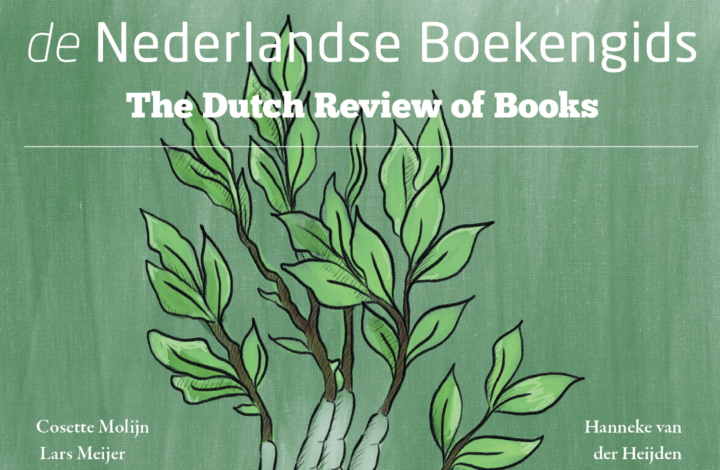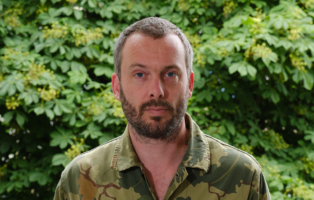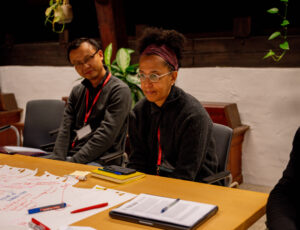
Publication “I, Tree” (part 1) by Dirk Vis
3 June 2025Developed during his tenure as writer-in-residence at NIAS, this text offers a multi-layered exploration of how we think, speak, and live with trees.
Vis draws from philosophy, anthropology, literary studies, and personal fieldwork—including solitary time spent in Arctic forests and Eastern European primeval woods—to reconsider the forest not simply as a backdrop for human activity, but as a thinking, communicating ecology. Engaging thinkers such as Robert Pogue Harrison, Eduardo Kohn, Michael Marder, Ursula K. Le Guin, and Vanessa Machado de Oliveira Andreotti, I, Tree reflects on the entanglement of language with epistemology and power, particularly how taxonomies and metaphors shape our understanding—and alienation—from the nonhuman world.
The essay situates trees not as symbolic devices, but as entities with their own subjectivity and communicative presence, echoing Indigenous ontologies and recent developments in eco-philosophy and semiotic anthropology. Vis’s prose oscillates between analysis and personal narrative, between theoretical speculation and embodied insight, inviting a reconsideration of knowledge itself—what counts as knowing, and who or what is allowed to know.
Rather than offering a polemic or ecological tract, I, Tree suggests an alternative methodology for engaging with the world: one that foregrounds interdependence, vulnerability, and the epistemic richness of the more-than-human. The full essay (in Dutch) is available to read via de Nederlandse Boekengids website.



